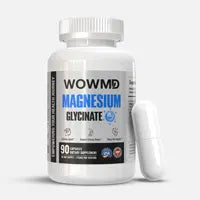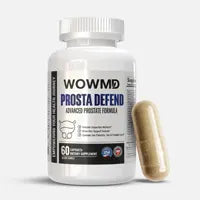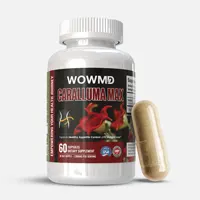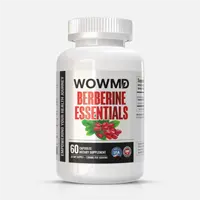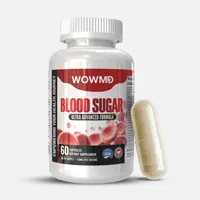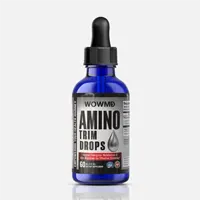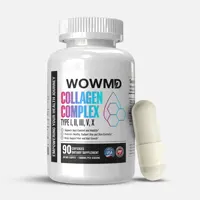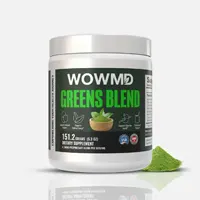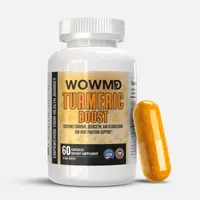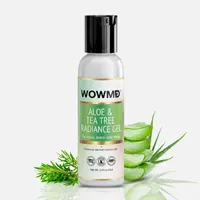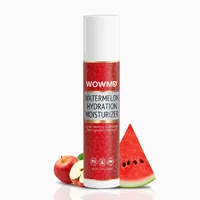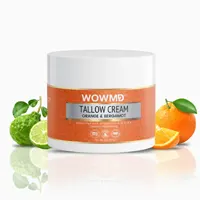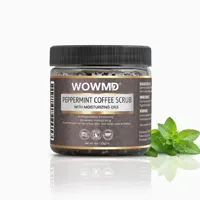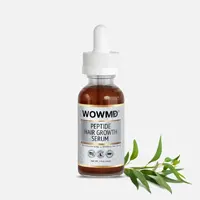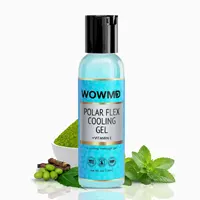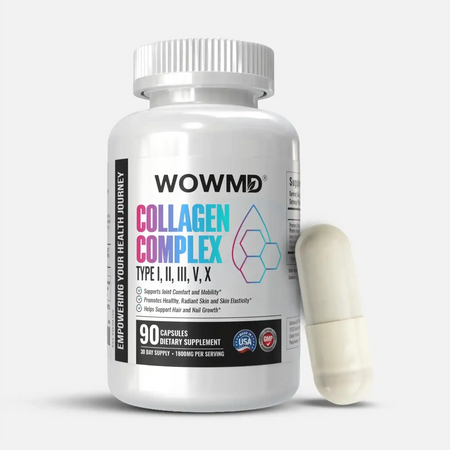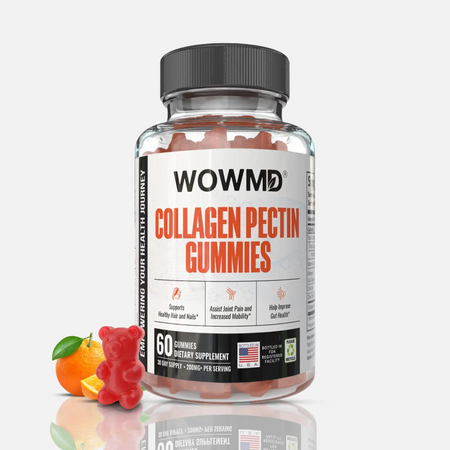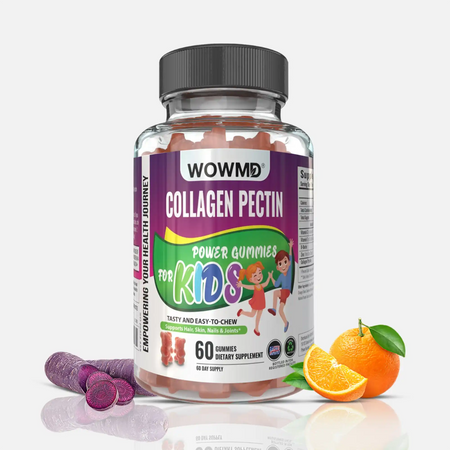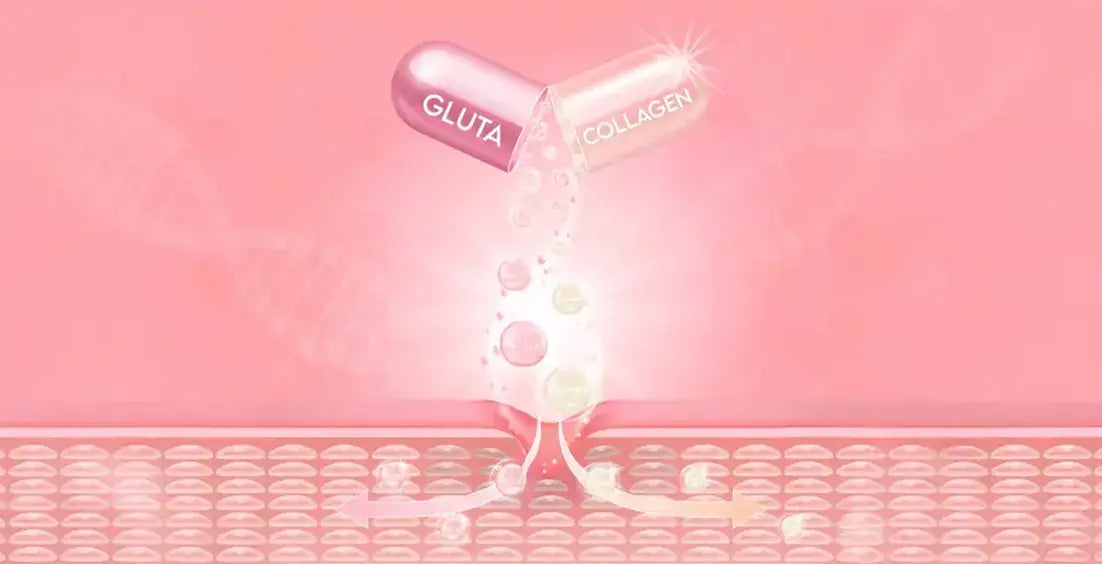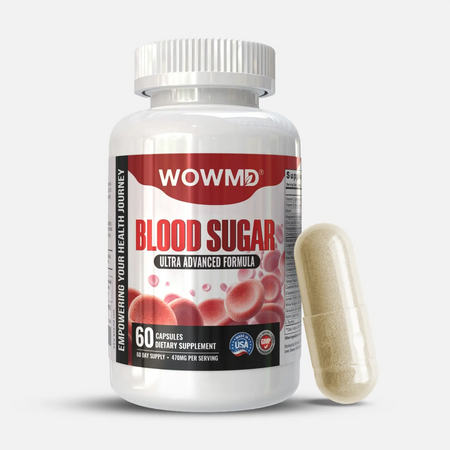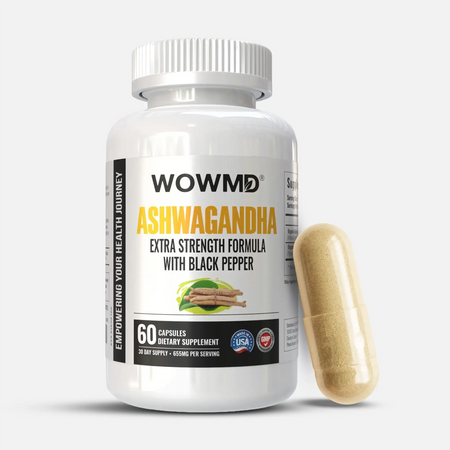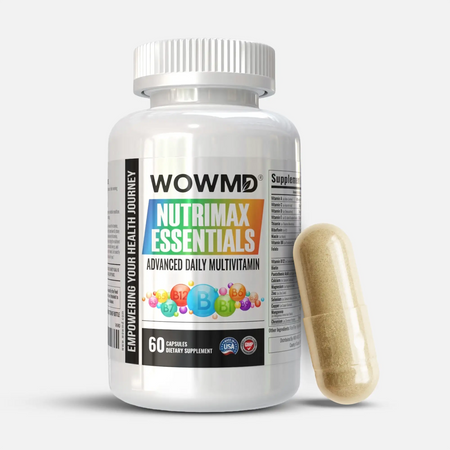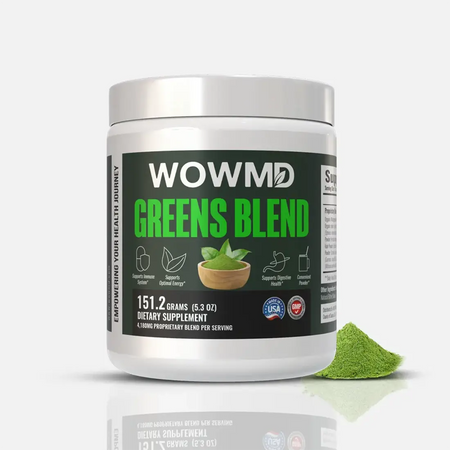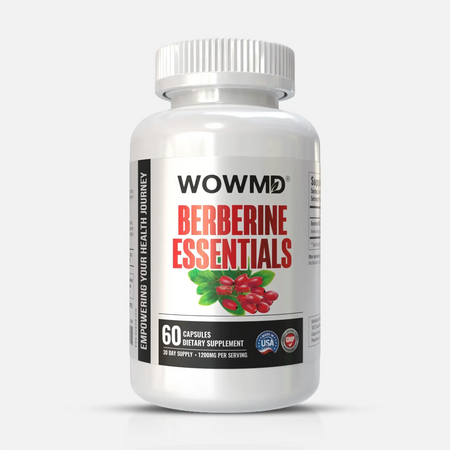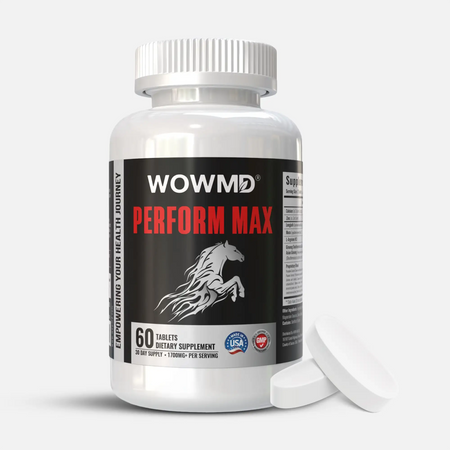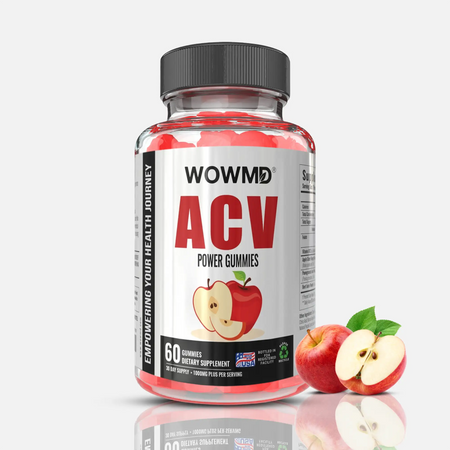Learning About Collagen
Collagen is the most vital protein for cushioning your Joints and Skin Cells.

What does collagen do?
Collagen holds our skin tight and delivers flexibility to the joints while providing structural support to bones, blood vessels, and organs. It acts as a natural "glue" that maintains elasticity in tissues, giving skin that radiant, youthful appearance. Without enough collagen, our skin would sag, joints may stiffen, and wound healing would be impaired.

What is the role of collagen in the body?
The primary role of collagen is to create a framework that supports cell attachment and differentiation. Beyond structural support, collagen is essential for gut health and cardiovascular function through maintaining the integrity of intestinal barriers and blood vessel walls.

Do collagen supplements work?
Research from NCBI suggests that collagen supplements can increase skin elasticity, reduce joint pain, and improve hair and nail strength when taken consistently over 8-12 weeks.* The effectiveness depends on the type of collagen peptides used, with hydrolyzed forms showing better absorption and bioavailability. While individual results vary, studies show that collagen supplements containing vitamin C can enhance the body's natural collagen production more effectively than those without supporting nutrients.
FAQ's
Discover More About Collagen & Its Other Uses
REAL CUSTOMERS. REAL REVIEWS.
Why WOWMD Collagen Supplements?
Collagen is essential for maintaining the health of our skin, joints, and connective tissues, but as we age, our natural collagen production decreases. WOWMD’s collagen supplements are carefully formulated to support skin elasticity, joint flexibility, and overall tissue health. Our blend of Bovine Collagen Peptides, Hydrolyzed Chicken Collagen Peptides, and Pure Hydrolyzed Marine Collagen Peptides has been scientifically proven to enhance skin hydration, reduce wrinkles, and support healthy cartilage. Research from ResearchGate has shown that collagen supplementation can significantly improve skin elasticity and reduce the appearance of fine lines after consistent use.
What makes WOWMD’s collagen supplements stand out is our commitment to using a range of premium collagen sources, including Eggshell Membrane Collagen Peptides and Avian Sternum Collagen Peptides, all chosen for their bioavailability and effectiveness. We’ve also included key nutrients like Vitamin C, Vitamin E, Zinc, and D-Biotin, which are crucial for collagen synthesis and skin health. By combining these powerful ingredients with collagen peptides, we ensure that our supplements not only support skin and joint health but also provide lasting results for those looking to maintain a youthful, vibrant appearance.
References:
- A Clinical Trial Shows Improvement in Skin Collagen, Hydration, Elasticity, Wrinkles, Scalp, and Hair Condition following 12-Week Oral Intake of a Supplement Containing Hydrolysed Collagen - https://pmc.ncbi.nlm.nih.gov/articles/PMC11254459/
- Collagen Supplements for Aging and Wrinkles: A Paradigm Shift in the Fields of Dermatology and Cosmetics - PMC - https://pmc.ncbi.nlm.nih.gov/articles/PMC8824545/
- Collagen Supplements for Aging and Wrinkles: A Paradigm Shift in the Fields of Dermatology and Cosmetics - PMC - https://pmc.ncbi.nlm.nih.gov/articles/PMC8824545/
FIND YOUR DAILY ROUTINE
Why Trust WOWMD?
At WOWMD, our purpose is clear: To deliver products you can trust and results you can feel. We know that when it comes to your health, there’s no room for compromise. That's why we use only the purest ingredients, backed by cutting-edge research, to craft supplements that truly make a difference. Every formula is carefully designed to support your wellness journey—because we believe you deserve nothing less than the best.
Trust isn't just a word for us: It's the foundation of everything we do. We understand that taking care of your health is deeply personal, and we’re here to support you every step of the way. With WOWMD, you're choosing a brand that’s committed to your well-being—not just today, but for the long haul. Let us be your partner in health, providing the reliability and confidence you deserve.


 Alpha Man Power Pack
Alpha Man Power Pack All-Day Fat Burn Trio
All-Day Fat Burn Trio Better Immunity Bundle
Better Immunity Bundle  Calm & Sleep Duo
Calm & Sleep Duo Cognitive Health & Vision Combo
Cognitive Health & Vision Combo Complete Weight Loss Bundle
Complete Weight Loss Bundle Core Vitality Trio
Core Vitality Trio Energy Booster Combo
Energy Booster Combo Focus Fuel Trio
Focus Fuel Trio Glow & Balance Duo
Glow & Balance Duo Health Balance Trio
Health Balance Trio Heart Care Bundle
Heart Care Bundle Joint Health Support Combo
Joint Health Support Combo Men's Immunity & Prostate Health Bundle
Men's Immunity & Prostate Health Bundle Metabolism Boost Duo
Metabolism Boost Duo Natural Skin Care Bundle
Natural Skin Care Bundle Peak Performance Duo
Peak Performance Duo Relax & Recharge Duo
Relax & Recharge Duo Skin Detoxification Bundle
Skin Detoxification Bundle Smart Energy Trio
Smart Energy Trio Stress + Energy + Wellness Combo
Stress + Energy + Wellness Combo  Total Burn Ignite Trio
Total Burn Ignite Trio Total Harmony Pack
Total Harmony Pack Workout Supplements Combo
Workout Supplements Combo